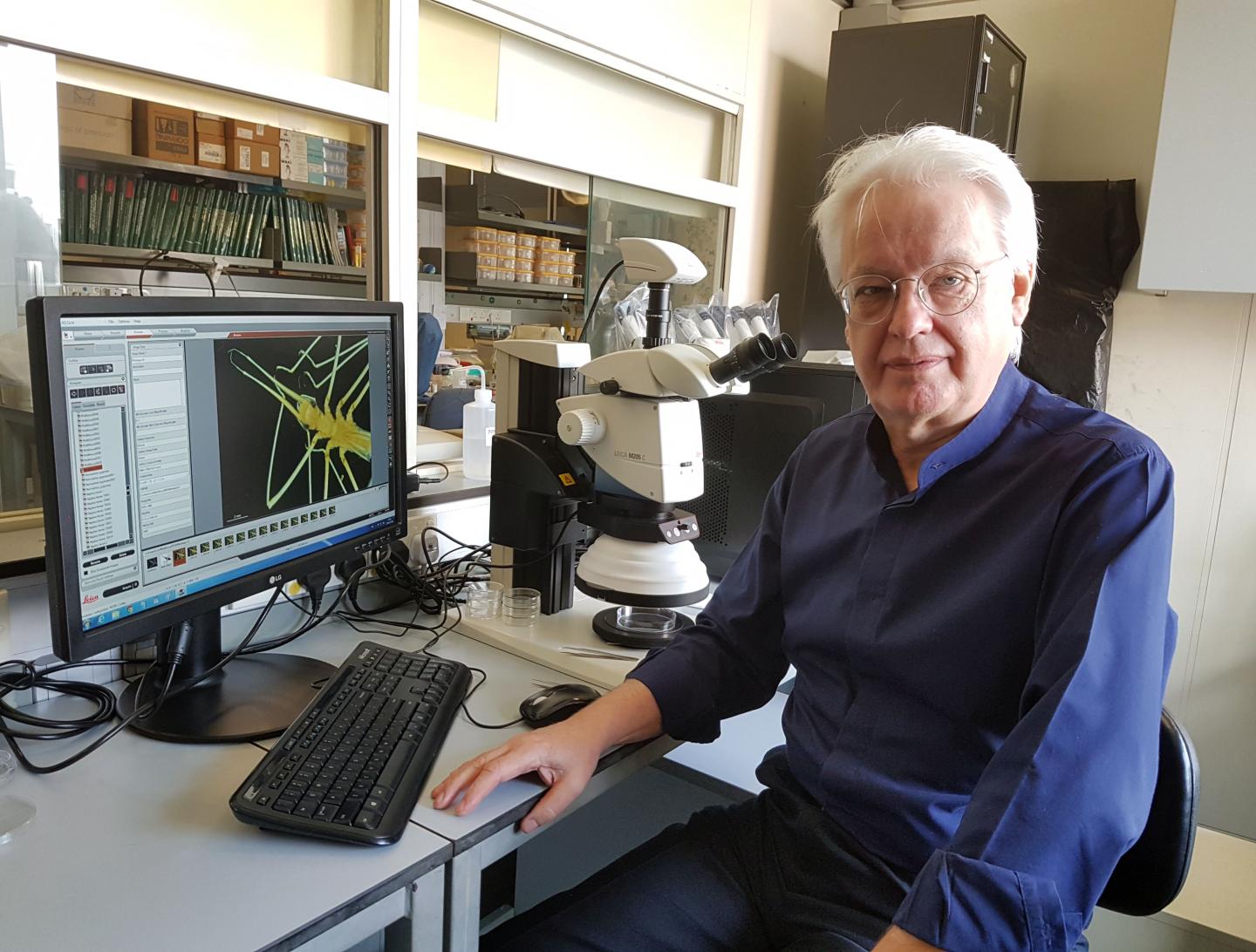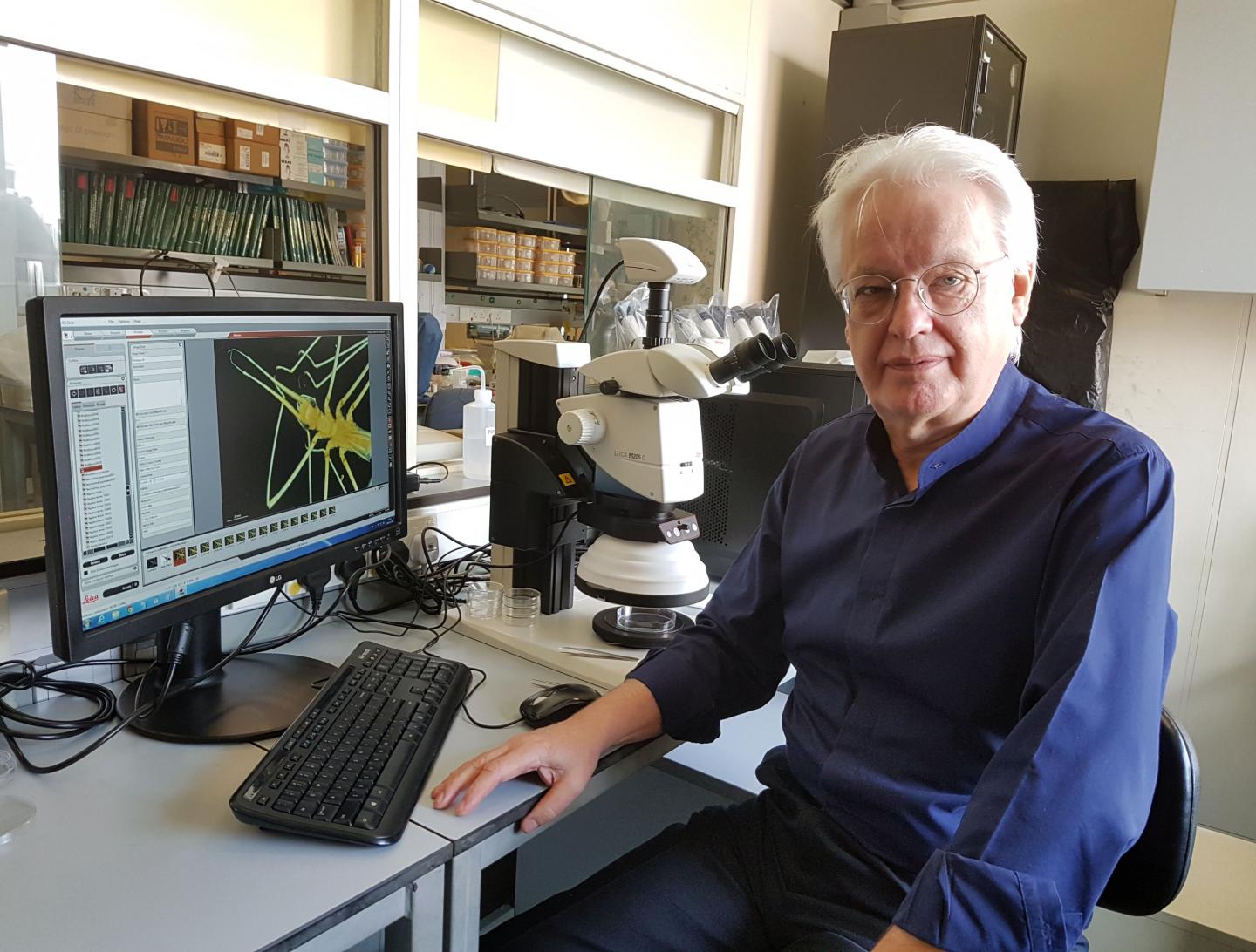
Credit: The University of Hong Kong
Most studies of global climate change attempt to predict what might happen to the Earth as temperatures rise in future. A new study representing an international collaboration by ecologists and conservation biologists shows that global changes in climate have already impacted every aspect of life on Earth, from genes to entire ecosystems. It was published in the prestigious journal Science on November 10, 2016.
The research team, led by the University of Florida and with participation from the University of Hong Kong, showed that of a total of 94 ecological processes evaluated globally, 82% of them showed evidence of impact from climate change. Land, freshwater and marine ecosystems and species have all been all affected, and consequential impacts on people could range from increased pests and disease outbreaks, to unpredictable changes in fisheries and decreasing agriculture yields.
This study is released at an important moment as it helps shed light on the need to plan practically for the implementation of the Paris agreement on climate change which entered into force last Friday (November 4, 2016). The Paris agreement marked the first time that governments have agreed binding limits to keep global warming well-below two degrees Celsius above pre-industrial levels. That agreement was overdue: the World Meteorological Organization announced on Wednesday (November 9, 2016) that the 2011-15 had been the five hottest years on record, with temperatures peaking in 2015.
"We now have evidence that, with only a ~1 degree Celsius of warming globally, major impacts are already being felt in natural systems," said study lead author Dr Brett Scheffers of the University of Florida. "Genes are changing, species' physiology and physical features such as body size are changing, species are moving and we see clear signs of entire ecosystems under stress, all in response to changes in climate on land and in the ocean".
"Some people didn't expect this level of change for decades," said co-author Dr James Watson, of the University of Queensland in Australia. "The impacts of climate change are being felt with no ecosystem on Earth being spared. It is no longer sensible to consider climate change as a concern just for the future."
"The paper shows that there are winners and losers under global warming: the geographic ranges of some species have expanded while others have contracted, and timing of breeding and other seasonal events have shifted," said co-author, Professor David Dudgeon, Chair of Ecology & Biodiversity and Director of the School of Biological Sciences at the University of Hong Kong.
This study has significant implications for Hong Kong. According to Professor Dudgeon, we can envisage that endemic species – found nowhere else but Hong Kong – will have little chance to make compensatory range shifts in response to climate change. The Hong Kong paradise fish and the short-legged toad are examples of species that would be unable to adjust their ranges due to intense urbanization around the sites they occupy currently. If conditions change, they must adapt or perish.
The Hong Kong newt, which breeds only during the coolest months of the year, would also likely fall victim to warming since, in future, winter temperatures might not fall sufficiently to permit reproduction by this species which is, already, globally near-threatened. Mountain-top animals such as the giant spiny frog, already mainly confined to streams near the summit of Tai Mo Shan and globally vulnerable to extinction, would have nowhere to go as the climate warms.
"The new paper shows a pervasive ecological finger print of only 1 degree Celsius of global warming. This will not be beneficial for local species of conservation concern." On a global scale, Dudgeon added, "we face an uncertain ecological future as the temperature continues to rise, especially if warming exceeds the 1.5-degree boundary incorporated in the Paris climate-change agreements that came into force last week. Such warming would put at risk biodiversity and the ecosystem services delivered by nature that benefit humans".
Dudgeon concluded: "To put it bluntly, climate change is already happening, and it is altering ecological process and natural systems everywhere. We must to do more to limit carbon emissions and prevent further warming."
###
DOI for this paper, The broad footprint of climate change from genes to biomes to people, is 10.1126/science.aaf7671
Media Contact
Cindy Chan
[email protected]
852-391-75286
http://www.hku.hk/
Source: scienmag.com





